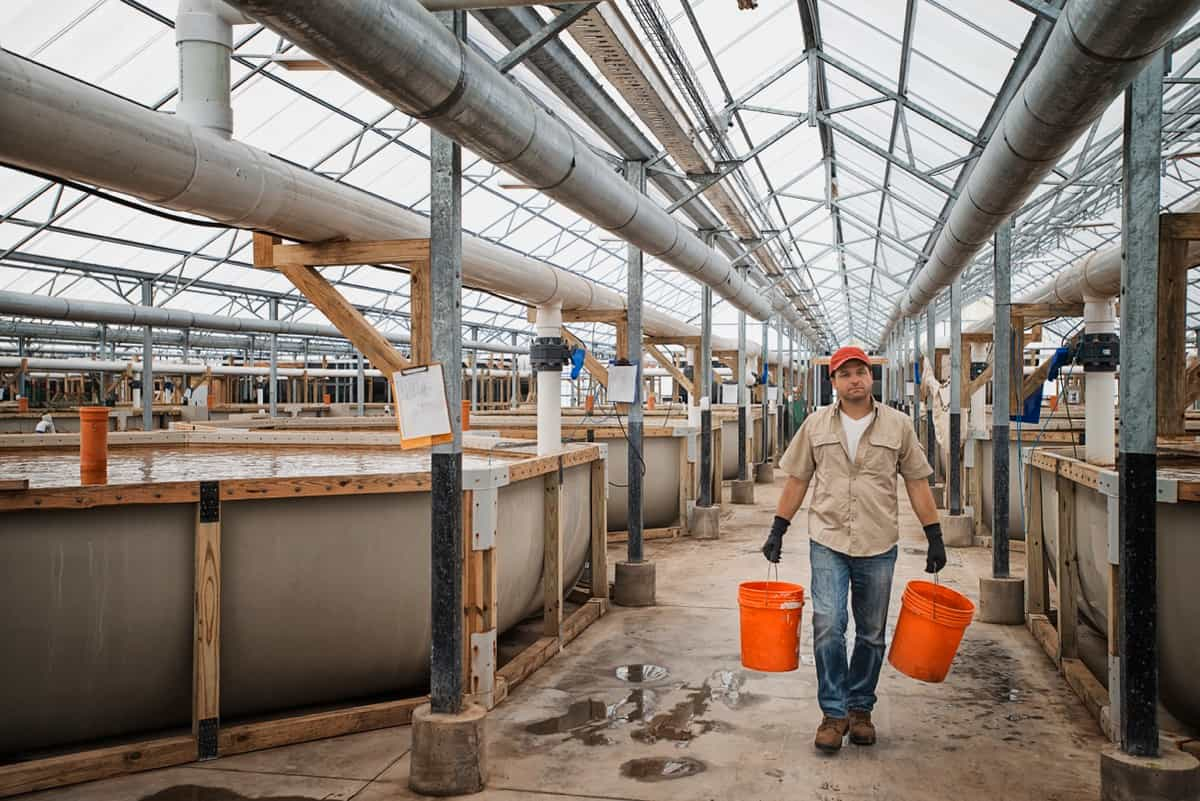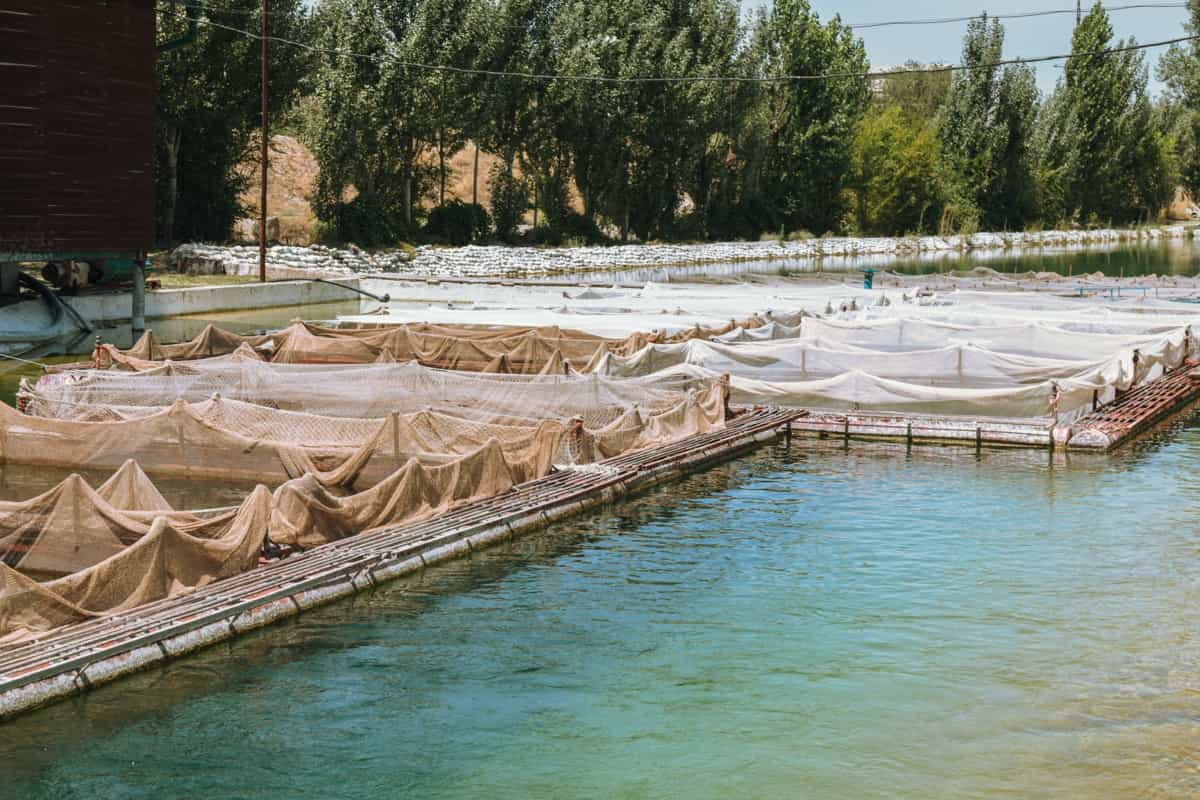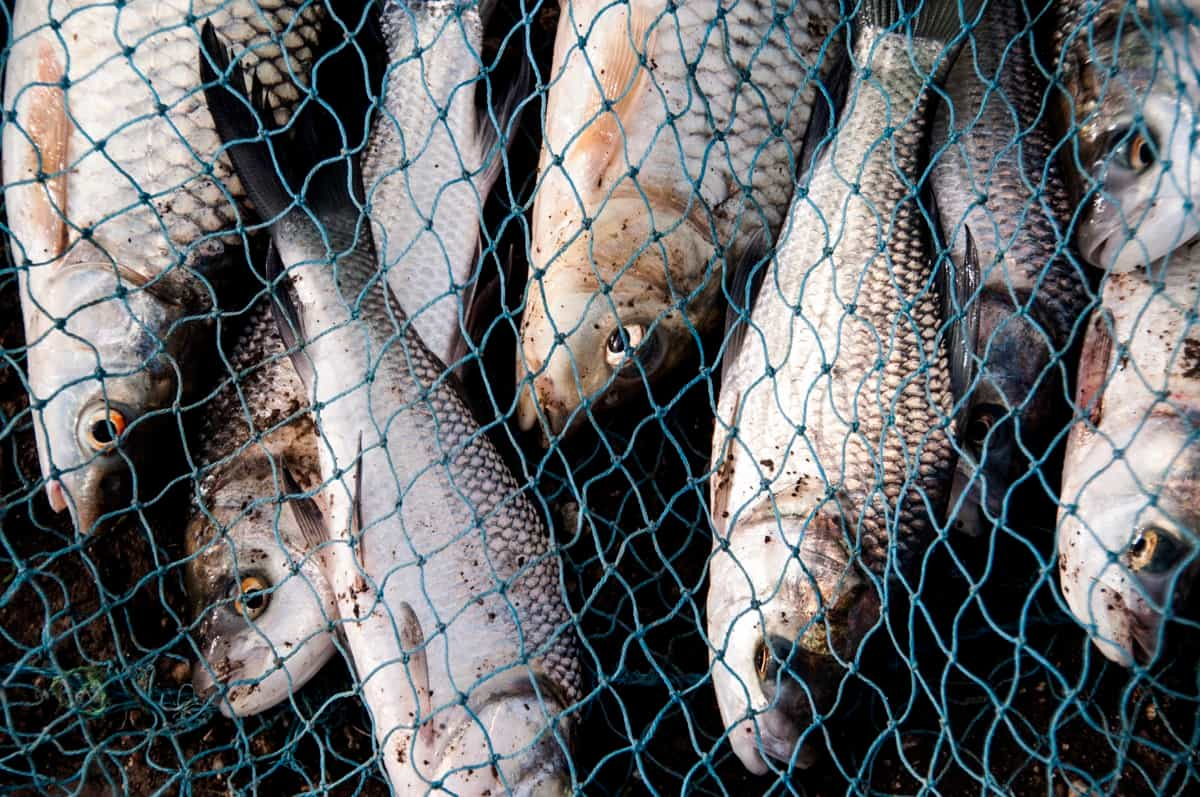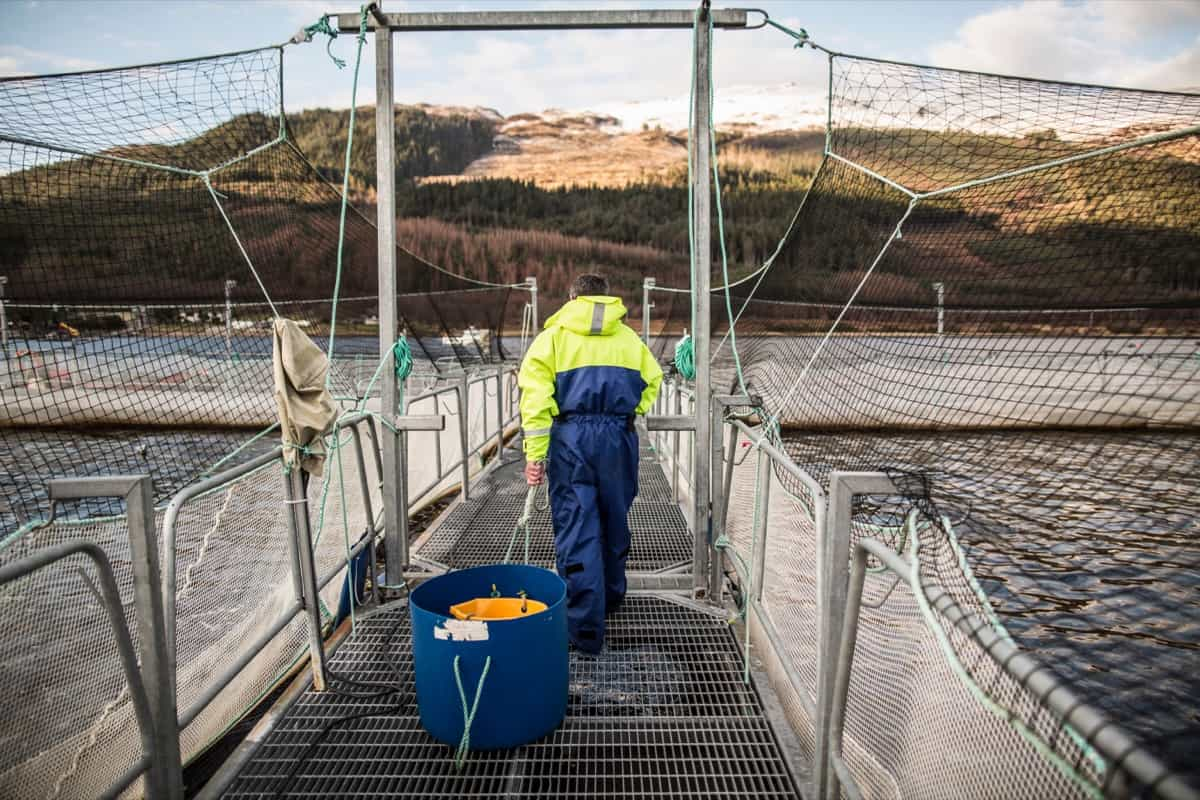Fish farming is an evolving sector that intertwines economic opportunity with environmental stewardship, necessitating a comprehensive understanding of the myriad regulations and permits that govern it. This article delves into the various facets of regulatory compliance, from environmental safeguards to biosecurity, crucial for the sustainable operation of fish farms.

Fish Farming Regulations and Permits
Overview of Fish Farming Regulations and Permitting Process
Fish farming, also known as aquaculture, is a growing industry that requires careful management and adherence to various regulations and permits. Obtaining fish farming regulations and permits can be complex, as it involves multiple levels of government and different types of regulations. These regulations are in place to ensure sustainable fish populations, protect the environment, and safeguard public health.
In many regions, fish farming loan schemes are available to support the development of this sector. Additionally, governments often subsidize fish farming to encourage sustainable practices. In recent years, innovative methods like biofloc fish farming have gained popularity, and some governments offer a biofloc fish farming government subsidy to promote this eco-friendly approach. Understanding and complying with these regulations and permits is crucial for the success and legality of a fish farming operation.
Environmental Regulations for Fish Farming Operations
Environmental regulations for fish farming operations are designed to minimize the impact on natural ecosystems. These regulations often include limitations on the location of farms, the types of species that can be farmed, and the methods used for farming. For example, certain feed types or treatments may be restricted to prevent adverse effects on local wildlife and habitats. The objective is to balance the economic benefits of fish farming with the need to protect the environment. Fish farmers are typically required to conduct regular environmental assessments and implement measures to mitigate potential negative impacts.
Licensing and Permit Requirements for Fish Farms
Licensing and permit requirements for fish farms vary depending on the region and the scale of the operation. These requirements are in place to ensure that fish farms operate within the legal framework and adhere to established standards. To obtain a license or permit, a fish farmer must submit detailed operation plans, including information on the species to be farmed, the farming methods to be used, and measures for environmental protection.
In case you missed it: How to Turn a Swimming Pool into a Fish Farm in 10 Steps: Requirements to Transform into a Natural Fish Pond

The process may involve consultations with local authorities, environmental agencies, and other stakeholders. Regular inspections and audits are often part of the licensing conditions to ensure ongoing compliance with the regulations. Not securing required licenses and permits may lead to legal repercussions and the shutdown of the fish farming operation.
Compliance with Water Quality Standards in Fish Farming
Compliance with water quality standards is a critical aspect of fish farming. The water’s quality in aquaculture directly impacts fish health, growth, and the nearby natural water ecosystems. Regulations typically specify limits on the levels of nutrients, chemicals, and biological contaminants in the water used for fish farming.
Fish farmers must regularly monitor and manage water quality to prevent pollution and disease outbreaks. This may involve implementing water treatment systems, adopting sustainable feeding practices, and ensuring proper waste management. Adhering to water quality standards fulfills legal requirements and enhances the farmed fish’s overall quality and marketability.
Health and Safety Regulations for Fish Farming Facilities
Health and safety regulations for fish farming facilities are important for protecting workers, visitors, and the surrounding communities. These regulations cover many aspects, including the design and maintenance of facilities, the handling of fish and feed, and emergency procedures. Regular training for staff on health and safety practices is often a requirement. In addition, fish farming facilities must adhere to disease control and biosecurity standards to prevent the spread of pathogens within and outside the farm.
Zoning and Land Use Regulations for Fish Farms
Zoning and land use regulations for fish farms determine where and how fish farming can be conducted. These regulations are in place to ensure that fish farming activities are compatible with other land uses and do not negatively impact local communities or ecosystems. Fish farmers must obtain the necessary zoning permits before establishing a farm, and they may be subject to specific conditions regarding the size and layout of the farm.
These regulations can also dictate the distance of fish farms from residential areas, protected natural habitats, and other sensitive sites. Adherence to zoning and land use regulations is essential for the legal operation of fish farms and maintaining harmonious relations with local communities.
Waste Management and Disposal Regulations in Fish Farming
Waste management and disposal regulations in fish farming are crucial for preventing environmental contamination and maintaining ecological balance. These regulations govern how fish farms manage the waste from fish production, including excess feed, feces, and other organic matter.
In case you missed it: Ilish/Hilsa Fish Breed Facts: Price per KG, Characteristics, Life Cycle, and Feeding Habits

Effective waste management includes establishing procedures for gathering, processing, and environmentally conscious disposal of waste. This may include settling ponds, biofilters, and other technologies to reduce the impact of waste on local water bodies. Compliance with waste management regulations is a legal requirement and an important aspect of sustainable fish farming practices.
Biosecurity Measures and Disease Prevention in Fish Farms
Biosecurity measures and disease prevention in fish farms are essential for maintaining healthy fish populations and ensuring the sustainability of aquaculture operations. Effective biosecurity involves a range of measures to prevent the spread of infectious diseases within and between agricultural facilities. These practices include controlling access to the farms, disinfecting equipment and vehicles, maintaining good water quality, and implementing quarantine procedures for new stock.
Regular fish health monitoring and prompt response to disease outbreaks are key components. Vaccination and selective breeding for disease resistance are increasingly common practices. Ensuring strict biosecurity measures protects the investment in the fish farming business and safeguards the wider aquatic environment and associated ecosystems.
Reporting and Record-Keeping Requirements for Fish Farming Operations
Reporting and record-keeping requirements for fish farming operations are critical in regulatory compliance and management efficiency. Fish farmers must maintain detailed records of their operations, including stocking densities, feed usage, growth rates, and health management practices. They must also report specific events to the relevant authorities, such as disease outbreaks or significant mortality.
These records are essential for tracking the performance and environmental impact of the farm, as well as for tracing any issues back to their source. Regular reporting and record-keeping help make informed decisions for the management of the farm and demonstrate compliance with regulatory requirements, contributing to the transparency and accountability of the fish farming industry.
Inspection and Enforcement of Fish Farming Regulations
Inspection and enforcement of fish farming regulations are critical for ensuring that farms comply with legal and environmental standards. Regular inspections by government agencies or certified bodies assess compliance with various regulations related to environmental protection, animal health, and worker safety. These inspections may be scheduled or unannounced and can cover all aspects of the fish farming operation.
In case you missed it: Key Rules to Successful Fish Pond Management: Water Quality to Feeding

Failure to comply may lead to consequences such as fines, license suspension, and potentially, farm closure. Effective enforcement of regulations ensures a level playing field within the industry and helps maintain public trust in the safety and sustainability of farmed fish products. These measures are integral in upholding the standards of the fish farming industry and protecting the interests of consumers, the environment, and the fish farming community.
Conclusion
Navigating the complex landscape of fish farming regulations and permits is essential for this industry’s sustainable growth and ethical operation. Adherence to these guidelines ensures legal compliance and environmental protection and reinforces the industry’s commitment to responsible and sustainable aquaculture practices.
- Feed Your Flock for Less: Top 10 Tips to Save on Chicken Feed
- Ultimate Guide to Ossabaw Island Hog: Breeding, Raising, Diet, and Care
- Hatching Answers: The Top 10 Reasons Your Chickens Aren’t Laying Eggs
- Eggs and Economics: Breaking Down the Cost of Raising Backyard Chickens
- Defend Your Greens: Proven Methods to Keep Iguanas Out of Your Garden
- Ultimate Guide to Cinnamon Queen Chicken: A Comprehensive Guide for Beginners
- Ultimate Guide to California Tan Chicken: Breeding, Raising, Diet, Egg-Production and Care
- Ultimate Guide to Marsh Daisy Chicken: Breeding, Raising, Diet, and Care
- 10 Types of Chicken Farming Businesses You Can Start for Profits